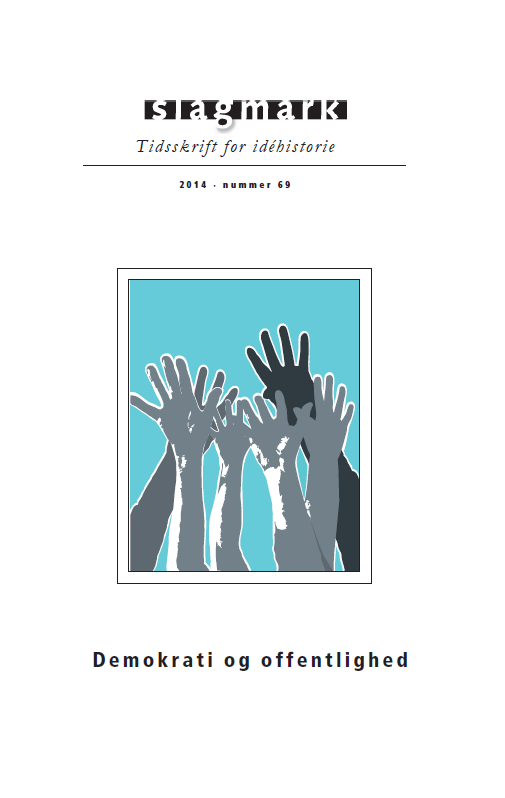Whistleblower-ordninger - Offentlighed, kritik og risikohåndtering
DOI:
https://doi.org/10.7146/sl.v0i69.104327Keywords:
Whistleblowing, whistleblower systems, risk-management, critique, the publicAbstract
This article outlines how whistleblowing is understood and facilitated in an organizational context, with special emphasis on so-called whistleblower systems’, which have become increasingly widespread during the last decade. The main argument of the article is that these whistleblower systems represent an innovation in the interpretation of the term ‘whistleblowing’ in an organizational context. Whereas the term since the 1970’s has been interpreted in light of concepts stemming from western political tradition such as critique, individual freedom, enlightenment and the public, and thus represented an attempt to enhance the public’s knowledge of organizational activities, whistleblowing is today also increasingly interpreted as an organizational tool for risk-management aimed at avoiding public exposure and ensuring the smooth and effective running of the organization. To support this argument, the article draws on descriptions of whistleblower systems from the databases of the Danish National Data Protection Agency (Datatilsynet) as well as from external operators who provide Danish organizations with solutions for establishing and operating these systems.





